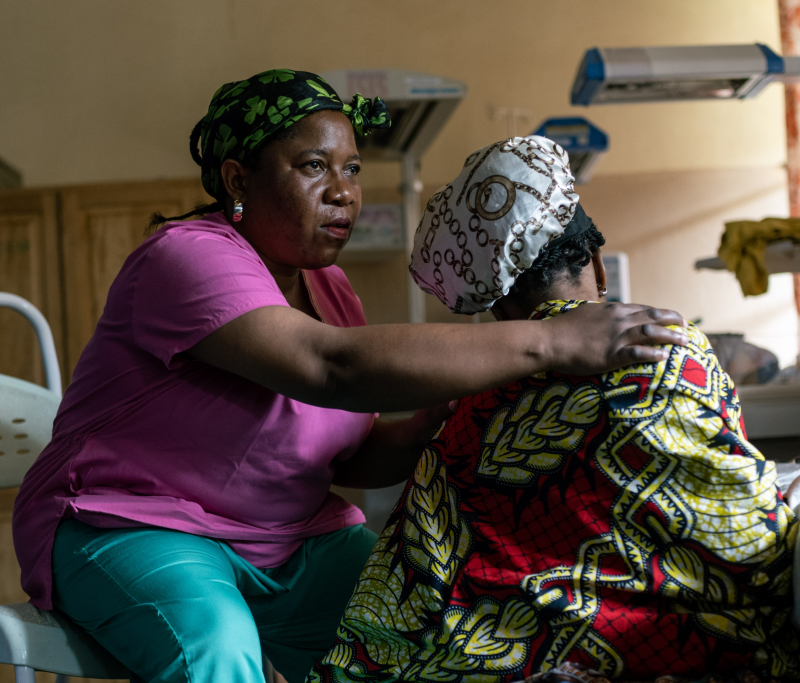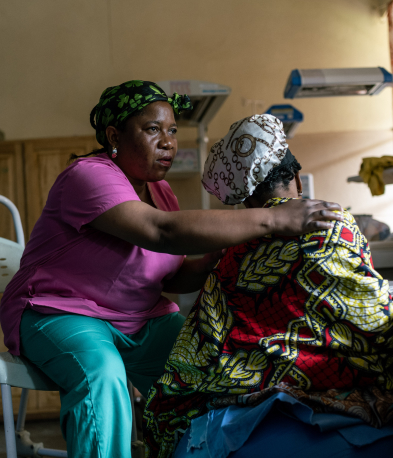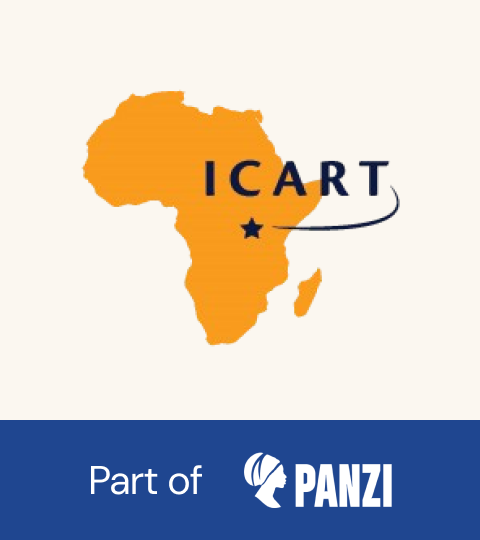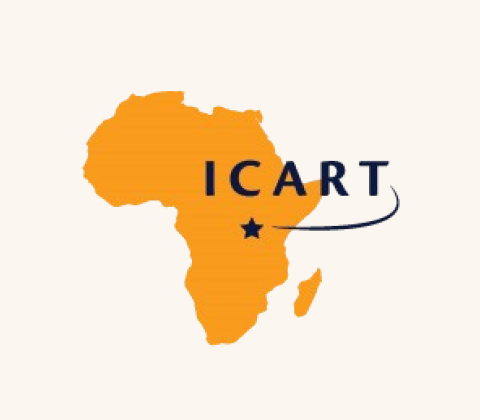

ICART’s Project for Advancing Sexual and Productive Health and Rights in the DRC
Empowering Health through Research and Education with the Tumaini Project
In 2020, following the University of Michigan’s withdrawal from a previous collaboration, Professor Mukwege turned to the University of Montreal (UdeM) for renewed support in advancing ICART’s mission. This collaboration is now anchored in the Tumaini Project (Swahili for “Hope”), a 2022-2027 initiative led by UdeM’s Hygeia Observatory and funded by Global Affairs Canada.
The Tumaini Project’s primary objectives include building a sustainable foundation for ICART through a team of young researchers and trainers, skilled in continuing education development. This core team represents a lasting resource for local, national, and eventually international growth of the center’s activities.
Since its inception, the Tumaini Project has integrated ICART into its framework, under the title “Tumaini: Women, Adolescent, and Infant Health and Rights” (2022-2027). Through this program, ICART is positioned to strengthen the research culture at Panzi Hospital and the Panzi Foundation. Additionally, Tumaini supports action research initiatives designed to address regional health challenges, advancing both health rights and healthcare standards for vulnerable populations.
As part of this collaboration, the Tumaini Project finances ICART’s primary staff, covering both the research and continuing education coordinators. The Director of ICART, who also serves as Tumaini’s Scientific Director, balances responsibilities at ICART with her role as a professor at the University of Montreal.
ICART currently operates from three offices within the Panzi Foundation, dedicated to management, administration, and scientific development. These facilities provide essential resources, including student reception areas and access to computers and research materials. By 2025, Tumaini plans to establish a new facility, offering expanded space for ICART’s full range of activities and the continued growth of its mission.
Looking ahead, one of ICART’s key objectives is to secure sustained funding to continue its progress after the Tumaini Project concludes.
Support research that transform the lives of victims affected by conflict
Under Construction
Coming Soon in 2025
This page is currently under construction and will be launched in 2025. We appreciate your patience and invite you to check back for updates.


